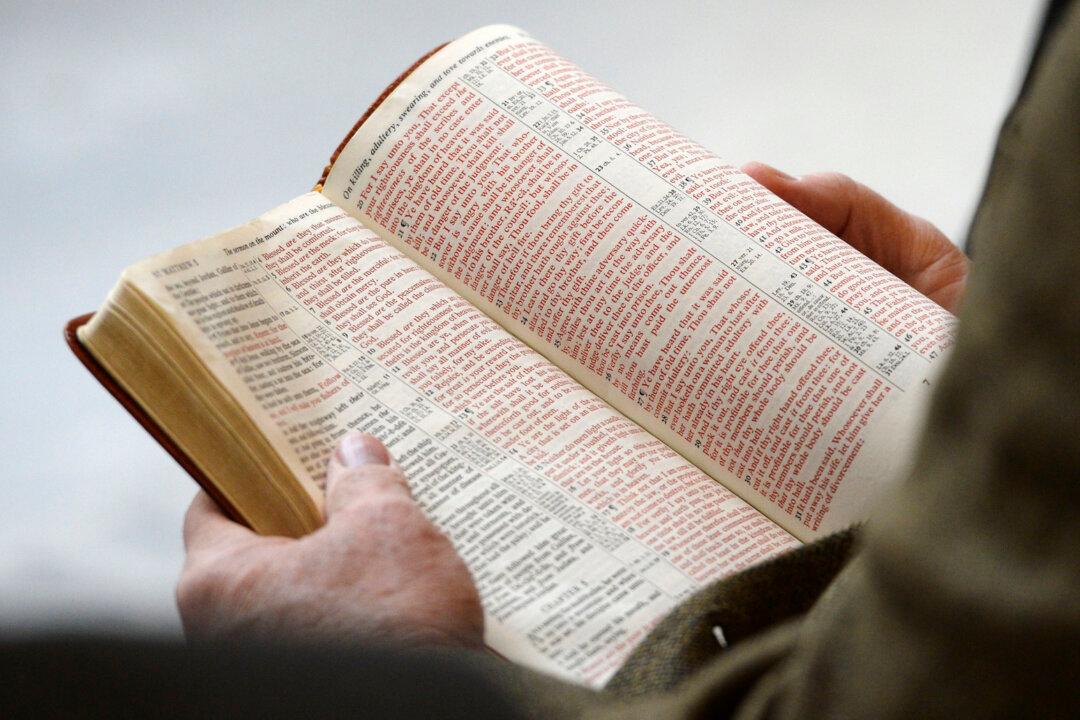A school district in Utah has reversed an earlier committee-based decision that removed the King James Version of the Bible from bookshelves of elementary and middle school libraries.
The Davis School District—a public system with about 72,000 students—largely pulled the Bible from elementary and middle school bookshelves on May 22 after a frustrated parent convinced a review committee the book contained “vulgar” or “violent” content for younger children.





